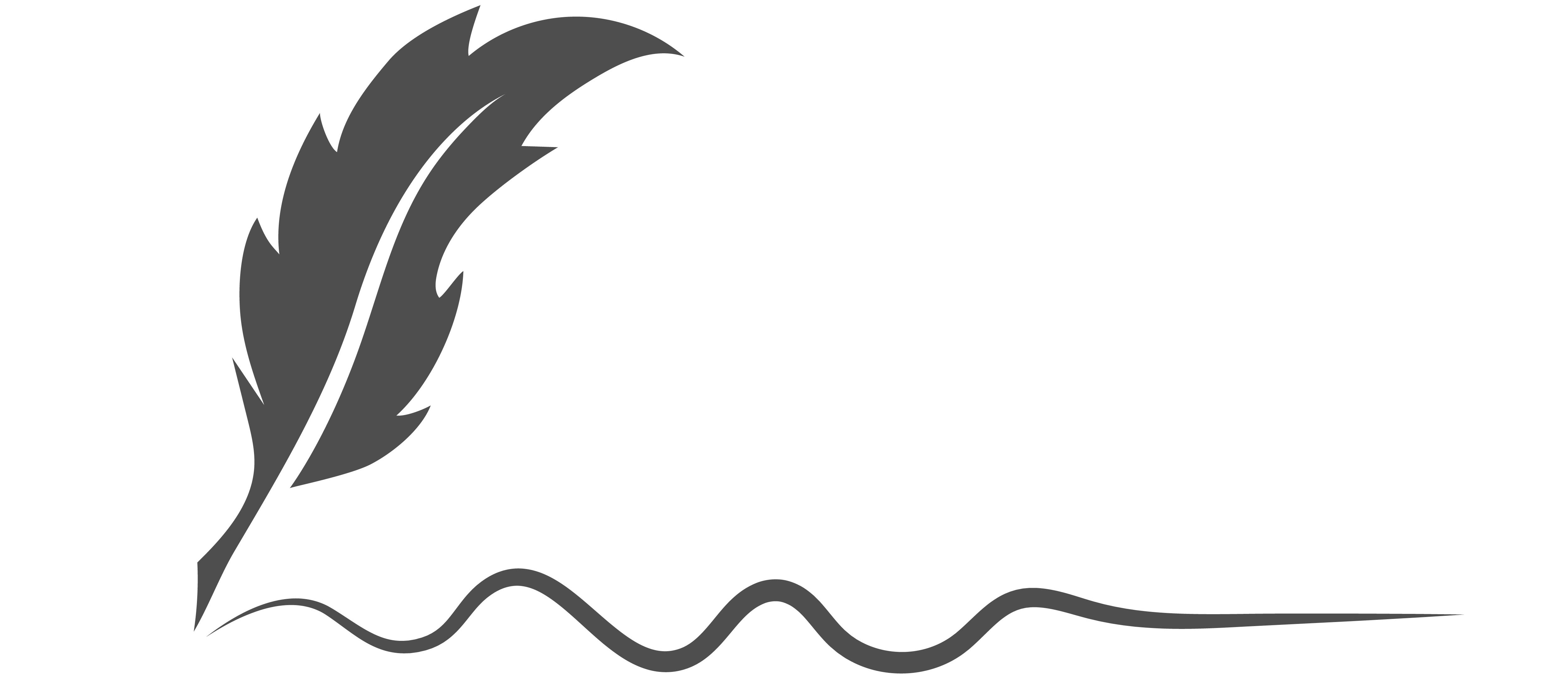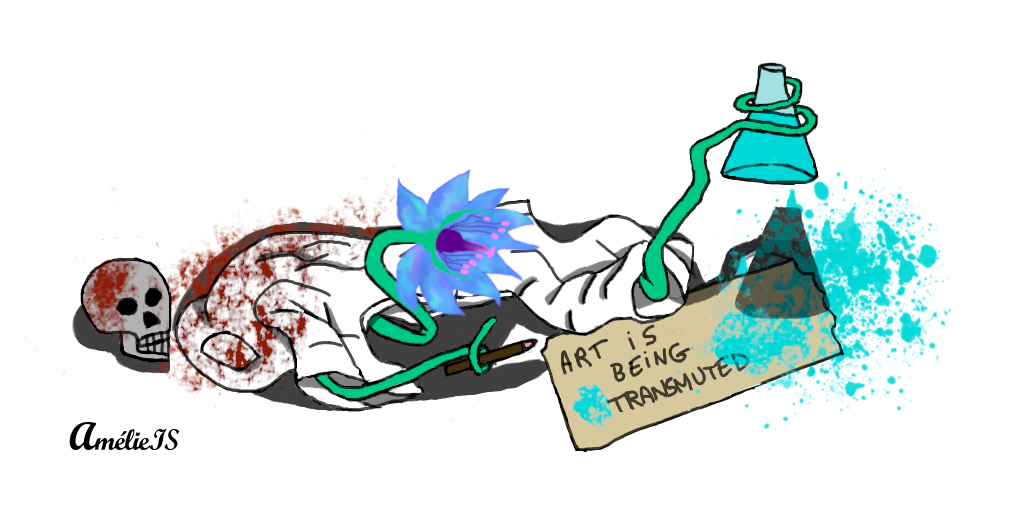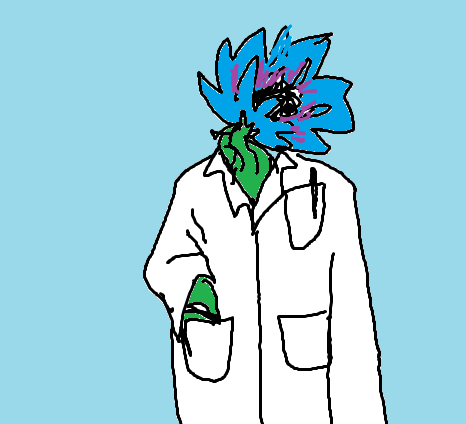Using real world expertise to worldbuild technologies
Independent Short Stories
Worldbuilding challenges
Using real world expertise to worldbuild technologies
Table of Contents
In this article, I want to talk about how my science background influences the way I approach worldbuilding, and in particular how I write about technologies and magic systems.
What is my expertise? I have a MSc and Graduate Engineering Degree in Chemistry and Process Engineering and a PhD in Biomedical Sciences, and I work in biomedical research. In addition to loving writing about those topics, I also think this makes me very logical and mechanism-oriented when I write about magic and technologies.
Here, I'm going to start with a few general guidelines I use to write technologies, list a few relevant examples from my writing, and then talk a bit more about the way my expertise influences my writing.
I start with some specific objectives, e.g., a hole I need to fill in my world or plot.
I use a prompt or current challenge to generate potential ideas.
I think about some cool science or history I know that I could use as inspiration for explaining the technology.
I look for limitations and wider consequences in my world for the technology I've just invented.
Which genre you write, with for example science fantasy and hard sci-fi requiring more explanation.
What are your themes/plots. If science/technology are involved there, it's best readers/players understand what's going on.
Who are your characters. My main characters are all scientists and engineers, so they need to know what's going on with the science, and therefore I do too.
Whether you write sc-fi or fantasy should not influence how much explanation you give—I see the main difference between both as whether you use magic/the supernatural as part of your explanation.
Example of different levels of details: people are invisible because of 1) "magic", 2) there is some special chemical coating on the clothes, 3) it's a special kind of silicone polymer that can interact with magic, 4) naming exactly what molecules the polymer is made of, 5) explaining how magic particles interact with the silicon atoms.
Tips: Diagrams help explain complex ideas.

General guidelines
My usual process
The way I generally work is:Bank of cool ideas
I have a "bank" of cool ideas where I can go when I need something. I make a note there every time I come across some interesting anecdotes or science fact. In addition, when I'm doing historical research, I also look in thet text at the same time to see if anything sciency catches my attention, or if it would solve a particular problem that I have. After all, it doesn't need to be "new" science; old engineering and technologies are also very cool.How much details to put in your explanation?
This is influenced by:Examples
Here are a few examples of how I've done that in the past:Using chemistry for a basic explanation
In the article I wrote for the 2021 costume challenge, I’ve used my knowledge of chemistry to come up with the idea of using a layer of silicone polymer in my army uniform.
What I started with:
My main character is an engineer, so I needed to figure out their uniform.
The plot requires the engineers to become invisible at some point.
The uniform challenge made me decide to combine both needs. I then had to come up with a way to explain how it works. I quickly came up with the idea of silicone, since I’ve worked with them before and they are actually used in clothing. I only had to read a bit more about them to come up with details about their manufacture and how they are applied to clothes. For the silicone themselves I didn’t give too much details beyond their basic working, but what I shared is sciency enough to convince most readers.
What I like about this idea is that, in the end, the science is pretty simple and the idea basic, but it is original, and sharing a few details of how the invisibility works is much more fun and interesting for me than just saying it’s “magic that makes them invisible”.
Using engineering to come up with a magic system
In my French 19th-century alternative history world, I knew from the start that I wanted to combine history, real/historical science, and magic. This is how I came up with my magic system:
- It's the 19th century, so of course the steam engine had to be involved. I decided that, in addition to mechanical power, the engine also had to generate magic in some way.
- To make coal magical, I decided that since it's a concentrated of what's left of very old lifeforms, it would make sense that it concentrates magic too.
- I wanted some real but outdated scientific theories. When I learned about phlogiston, I found it very cool and immediately wanted to get it involved (it's the theory that predates thermodynamics—phlogiston is a weightless substance people thought was released when matter was burnt). And so I used phlogiston theory to explain how magic is taken out of the coal and gathered by the steam engine.
In the first article, I only wrote about coal.
Then, I explained how a steam engine work but was very vague about how it gathers magic apart from the fact that runes are involved.
I finally build up on that with an article explaining my use of the phlogiston theory and how it impacts on how steam engines gather magic, and why fire is dangerous to human. Then I used chemistry and engineering to come up with some cool flame retardant technologies, and even managed to mention again my silicone coating.
Using biology to make up a fun article
Here I just wanted to write a fun article. The idea came in when I kept ranting to my friends about the problems I had with my cell cultures at work. I was saying that the spiteful little cells were dying on me on purpose, and I was talking pleasure in getting to kill them to harvest their proteins. Then I thought, why not write sentient cells that would do just that?Different styles of medical writing
This is my research area, so I can go into really a lot of details if I want to. Here are a few examples to illustrate the differences in the degree and kind of details I use depending on what I need:This novel focuses on a postgraduate student and her studies. Because of this, I felt free to go into as much molecular details as I wanted to about the biology of how magic works and why magical exhaustion is really bad for your health. I used a lot of diagrams to make things easier to understand. A big struggle was not to use jargon and to keep to a (hopeful) general audience level.
In this world, the main character of my second novel will be a healer. So I wanted details, but a different kind from when I write from a scholar's POV. Here, there is no need to know what's going on at a protein level. Instead, the healer focuses on symptoms, diagnostic, healing, and public perspective on the disease.
In this world, healing magic is not a focus at all. I only wrote an article so that I would know what it can and cannot do. This is written from a non-expert's POV and mostly focuses on the way this impacts her daily life.
Other ways my expertise influence my worldbuilding
To come back to the idea of using real world expertise in worldbuilding, the fact that I'm a scientist also influences my writing beyond the way I use science:
- I love depicting universities and the teaching and research going on there, as well as things like stupid rivalries, fighting for equipment, lack of funding, office politics... I have now three different worlds focusing on a university!
- A theme I use often is the race for scientific progress, either for trade or war. This includes: needing to come up with innovations to keep up, being disadvantage if the enemies is more advanced, industrial spying, trying to figure out an enemy’s innovations to copy it or find a weakness...
- My main characters are always interested in experimenting with new techniques in their jobs, crafts, and magic.
- Characters having to puzzle a technical problem and come up with a solution.
- How I build up my healing magic systems and their limitations.

Clothilde by serezniy on DepositPhotos
What to see more work from me?
I have a lot of worlds I'm working on, but my current focus for Summer Camp is Divine Tyranny, a world where gods are real and walk among mortals, with all the dangers this implies. In this world, I don't have classic researchers/scientists but archivists to give a twist to that role.




Comments
Author's Notes
I wrote this article for Qurilion's Summer Camp 2022 Imaginaerium after he asked me to talk about the ways my science background influences my writing.